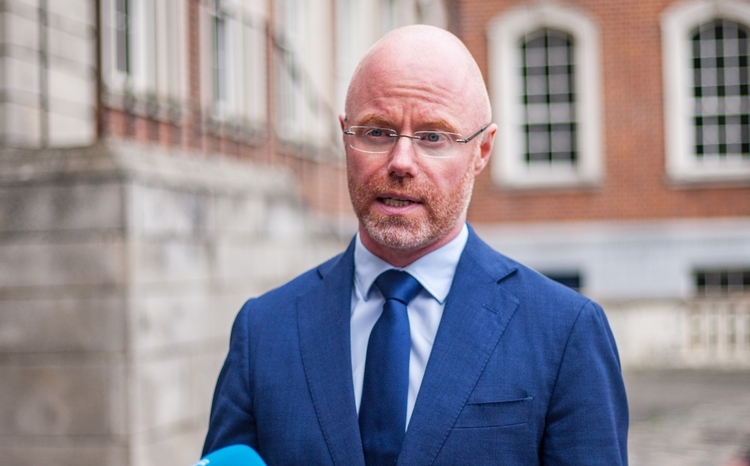NI to link barcodes on prescriptions to EPRs
- 21 August 2006
The Department of Health, Social Services and Public Safety in Northern Ireland has announced it has signed a £6.8m contract with Hewlett Packard to provide it with bar-coded prescriptions in an effort to counter fraud.
The new Electronic Prescribing and Eligibility System (EPES) will be rolled out over the next two years. Paper prescriptions will be printed with a two-dimensional barcode at the GP’s surgery that encodes all of the information.
When the script is presented at a pharmacy, the barcode will be scanned, capturing all of the information written on the prescription. The prescription itself will be logged in a database, and payment to the pharmacy will then be made from the electronic, not the paper record.
E-Health Insider understands that paper-based prescriptions will not be phased out by Northern Ireland, as they will remain the signed legal document. However, electronic records of drugs prescribed per patient will be kept.
A spokesperson for the Department of Health, Social Services and Public Safety told E-Health Insider that the system would result in direct benefits for patients: "By automatically capturing the prescription information patient safety will be improved through the elimination of transcription errors."
The EPES would also have patient benefits, said the DHSSPS. "The patient will also benefit from the creation of a patient-oriented prescribed and dispensed database that will allow heath professionals to monitor the probity of the full prescribing and dispensing process on a patient by patient basis if required."
The electronic prescription database will allow for data mining and monitoring trends such as drugs prescribed by location, patient or doctor.
The DHSSPS hopes that the barcode verification system will reduce prescription fraud in Northern Ireland, saving £4m every year. The contract with HP will last five years, extendible up to eight.
As well as preventing incorrect or fraudulently-prescribed drugs being dispensed, the electronic record system will allow for clearer cross-referencing against Social Security and other records to check for eligibility. When a fraudulent script is detected, the Central Fraud unit of the Central Service Agency will be alerted for further investigation.
The contract with HP will last for five years, extendable to eight.
Paul Simpson, deputy secretary at the DHSSPS, said: "EPES is about modernising the prescribing and dispensing process to improve patient safety, reduce administration costs and reduce fraud in the provision of healthcare in Northern Ireland.
"I expect it to be available to community pharmacies within the next two years. It should significantly reduce the inaccuracies that can occur with the current manual process, by tracking patients’ prescription records."
Links
Department of Health, Social Services and Public Safety




